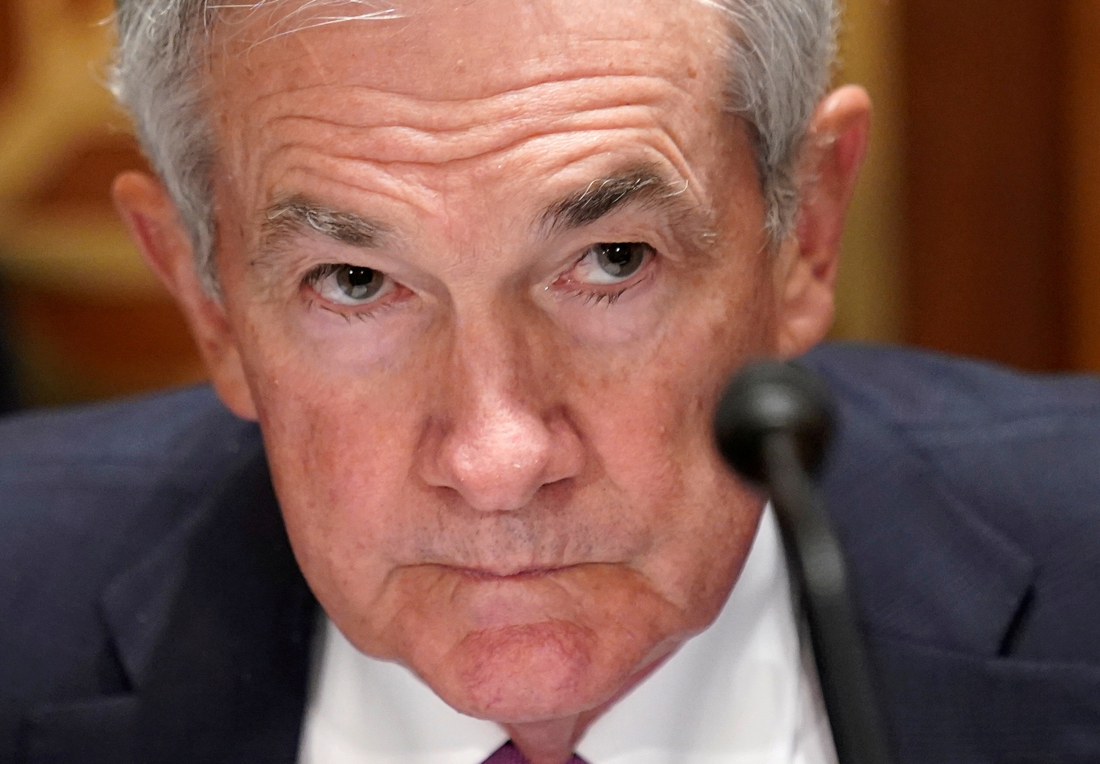Researchers have found a solution that could reduce malaria and deaths from the disease by 70%. Thus, vaccinating the population before the rainy season, in addition to the administration of preventive drugs, would be the answer.
The researchers looked at 6,000 children under the age of 17 months in Burkina Faso and Mali. It seems that the 400,000 deaths caused by malaria each year are in children under five.
Very young children received a vaccine and antimalarial drugs during the year when they are most exposed, in the rainy season, when mosquitoes multiply, according to the BBC.
“The death rate was lower, hospitals were less crowded. We didn’t expect to see that. “
“It worked better than I thought,” said Prof. Brian Greenwood, a member of the research team at the London School of Hygiene & Tropical Medicine, which led the process. “Hospitals were less crowded, the death rate was lower in both countries, and we really didn’t expect to see that.”
Three years later, the study found that three doses of vaccine and drugs given before the worst malaria season, followed by a booster dose before subsequent rainy seasons, controlled infections much better than the previous treatment schedule, they said. researchers.
A large difference was found between those who received vaccine doses and medications and those who received only preventive medications.
Among the children who received doses of vaccine and medication were: 624 cases of malaria, 11 children treated in hospital with severe malaria and three deaths from malaria.
Of the same number of children who received only preventive drugs, there were 1,661 cases of malaria, 37 hospitalizations and 11 deaths from malaria.
The effects seem to be surprisingly strong
In this case, experts say that the combined effects of the vaccine and drugs appear to be surprisingly strong.
The vaccine was created more than 20 years ago. It kills parasites that multiply very quickly in the liver. On the other hand, anti-malarial drugs target parasites in the body’s red blood cells.
Influenza vaccines have been used seasonally to protect people before winter for many years, but have rarely been tested for malaria.
Dr. Pedro Alonso, director of the World Health Organization’s Global Malaria Program, said: “We welcome this innovative use of a malaria vaccine to prevent disease and death in areas of Africa.”
The vaccine has already reached more than 740,000 children in Ghana, Kenya and Malawi as part of the routine vaccination program. Researchers in Mali also say they look forward to a “swift political decision” from the WHO on this new approach.
No side effects were found in the target children in this study. They will continue to receive vaccines and medicines until the age of five, and studies will continue.
–


